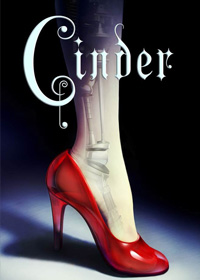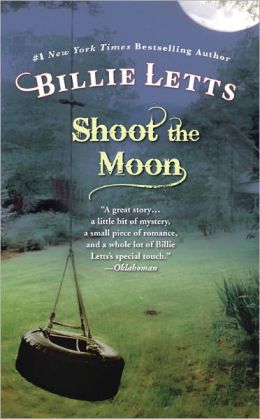 |
| Image courtesy of www.neilgaiman.com |
Neil Gaiman
2001
Cover Synopsis
"Shadow is a man with a past. But now he wants nothing more than to live a quiet life with his wife and stay out of trouble. Until he learns that she's been killed in a terrible car accident.
"Flying home for the funeral, as a violent storm rocks the plane, a strange man in the seat next to him introduces himself. The man calls himself Mr. Wednesday, and he knows more about Shadow than is possible.
"He warns Shadow that a far bigger storm is coming. And from that moment on, nothing will ever be the same..."
Thoughts
Neil Gaiman's novel is beautifully detailed and intricate, overflowing with interesting characters and places. It's a wild odyssey full of old gods and myths, ancient stories and strange adventures - and even stranger ideas that linger in places you'd never expect.
It's a great novel.
However, I will say American Gods is a long novel and, yes, I'll even admit it was a confusing novel for me to read. Sometimes, I thought Shadow's story made absolutely no sense - why has he agreed to do this? Why is he so important? What is it that makes him so special that Mr. Wednesday specifically singles him out? - and it wasn't until the very end of the story that I understood Shadow's real importance.
Likewise, I didn't always understand who (or what) certain characters represented. Some characters were obvious (or were when I realized the implication), like Low Key Lyesmith or Mr. Wednesday; however, with other characters, I went the entire novel without ever finding out who they really were.
But that may be my own fault, considering my knowledge of world mythology is rather small.
Overall Impression
To put it simply, I enjoyed American Gods.
So much of the story (and the characters) rely on simple belief alone for their existence, what may or may not exist and what we, as people, give power to - and this idea made Gaiman's novel unique and interesting. I was pretty well hooked as I tried to puzzle out Shadow's story and figure out what would happen next.
I will point out, however, that if you know anything about mythology and the religious fervor once attached to old gods, you'll know that their stories and their entire existence will not always be pleasant. They are selfish, murderous, promiscuous, and volatile. They are destroyers and killers and pillagers, demanding of sacrifice and belief - and, honestly, that's about as nice as they get.

